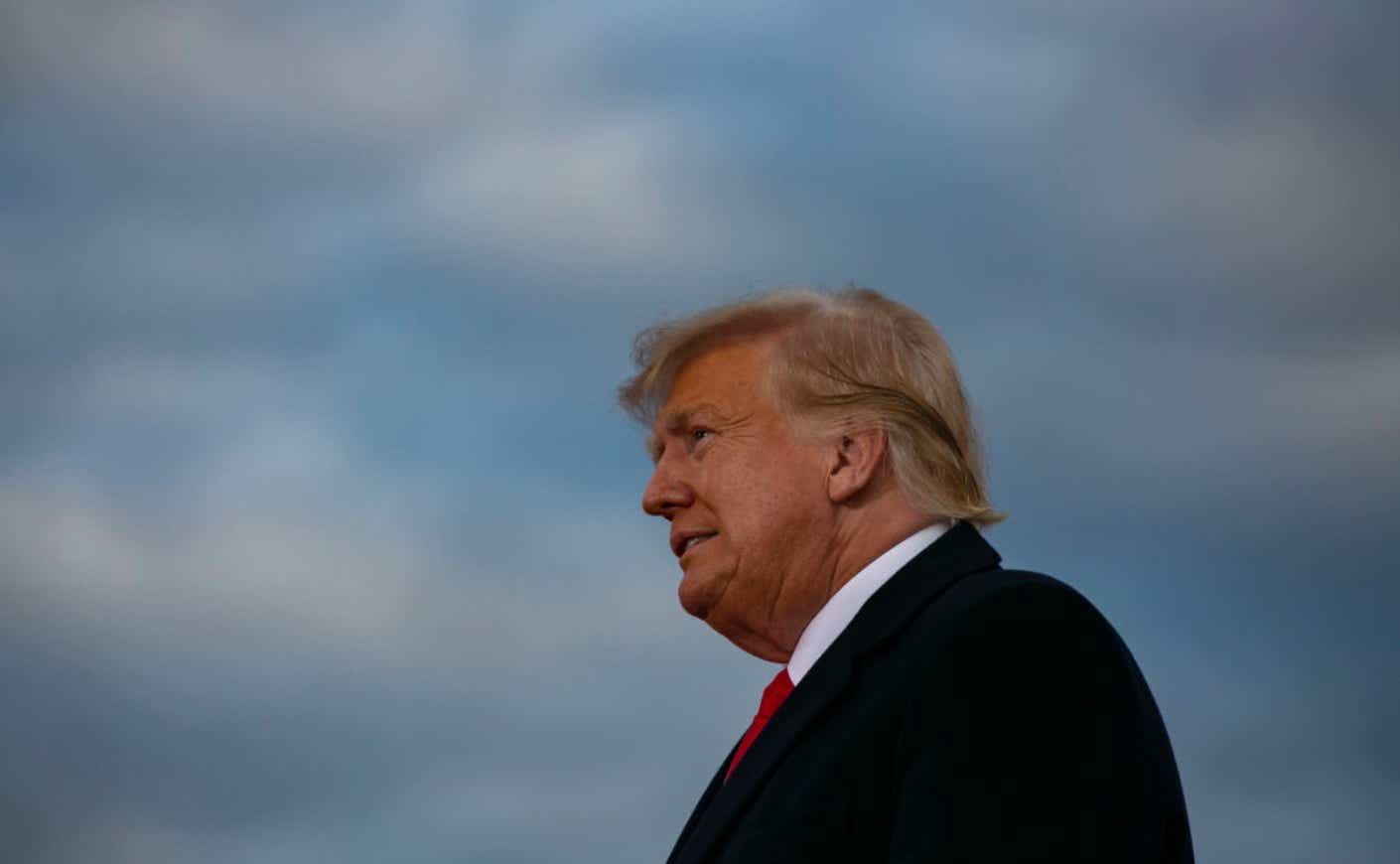The House panel investigating the Capitol insurrection says it has enough evidence to formally refer former President Trump for criminal charges.
Liz Cheney, who serves as vice-chair, says the Jan. 6 House select committee has “a tremendous amount of testimony and documents” that “very, very clearly demonstrate the extent of the planning and the organization and the objective.” But Cheney told CNN’s Jake Tapper on Sunday that the Jan. 6 House select committee hasn’t made a decision on what to do with these findings.
“I think that it is absolutely the case, it’s absolutely clear, that what President Trump was doing, what a number of people around him were doing, that they knew it was unlawful. They did it anyway,” she said.
Cheney also denied a New York Times report claiming that committee members were at odds with each other on whether to move forward with sending a referral to the Department of Justice. Despite these claims, she said that the committee hasn’t made a decision on the issue at all.
“There’s not really a dispute on the committee,” she told Tapper. “The committee is working in a really collaborative way to discuss these issues, as we are with all of the issues we’re addressing, and we’ll continue to work together to do so.”
We broke down what was revealed in The New York Times report, what it would mean for the investigation, and how other members on the panel are responding to the possibility of a criminal referral.
What did the report say?
According to The New York Times, the committee reportedly has information that would justify referring Trump for obstructing a congressional proceeding and conspiring to defraud the American people, which cited people involved in the discussions.
But it wasn’t until a recent federal ruling that made Trump’s actions clear to many of the panel’s committee members. Late last month, U.S. District Judge David Carter ruled that Trump and his former lawyer John Eastman “more likely than not” committed crimes in trying to overturn the 2020 election results.
Despite this evidence, the Times detailed a debate among committee members over concerns that making a criminal referral on Trump would backfire by politicizing the Justice Department’s own investigation into the Jan. 6 assault, especially now that Trump may run for president again in 2024. Still, this hasn’t prevented some panel members from speaking out in support of a referral.
“I would say that I don’t agree with what some of my colleagues have said about this,” Democratic Rep. Elaine Luria told MSNBC earlier this month. “I think it’s a lot more important to do what’s right than it is to worry about the political ramifications.”
What would making a criminal referral on Trump do?
Committee members like Democratic Rep. Zoe Lofgren agree that the referral is essentially a symbolic move and “doesn’t have a legal impact.” After all, although the panel has the ability to send out subpoenas and make referrals to the Justice Department for prosecutions, it has no powers when it comes to criminal prosecution.
That’s why the panel members argue that the judge’s decision would have a lot more influence on Department of Justice Merrick Garland than any referral letter, according to those familiar with the conversations.
“If you read his decision, I think it’s quite telling,” Lofgren told the Times in response to Judge Carter’s ruling.
Still, insiders argue the information that the committee has reportedly amassed wouldn’t go to waste, and the forthcoming final report could still give federal prosecutors a roadmap to pursuing charges against Trump.
What’s next?
Following public hearings in May and June, the panel is expected to hand over a final report by September.
So far, it has interviewed more than 800 witnesses, including more than a dozen officials from the Trump administration. But its investigation is far from over, and another 100 interviews have been lined up.
There are also a number of decisions that the committee still has to make, such as whether to call in some key witnesses, including Trump himself and former Vice President Mike Pence, so stay tuned for a number of other potential surprises.









